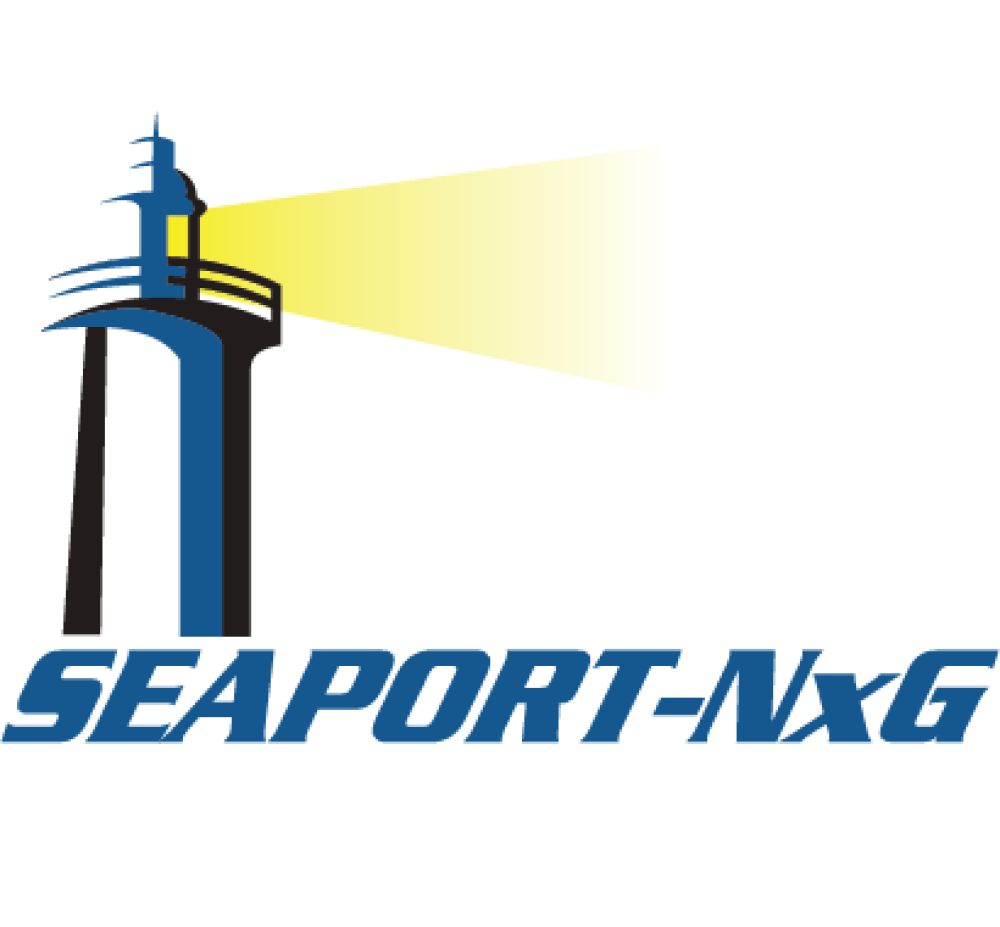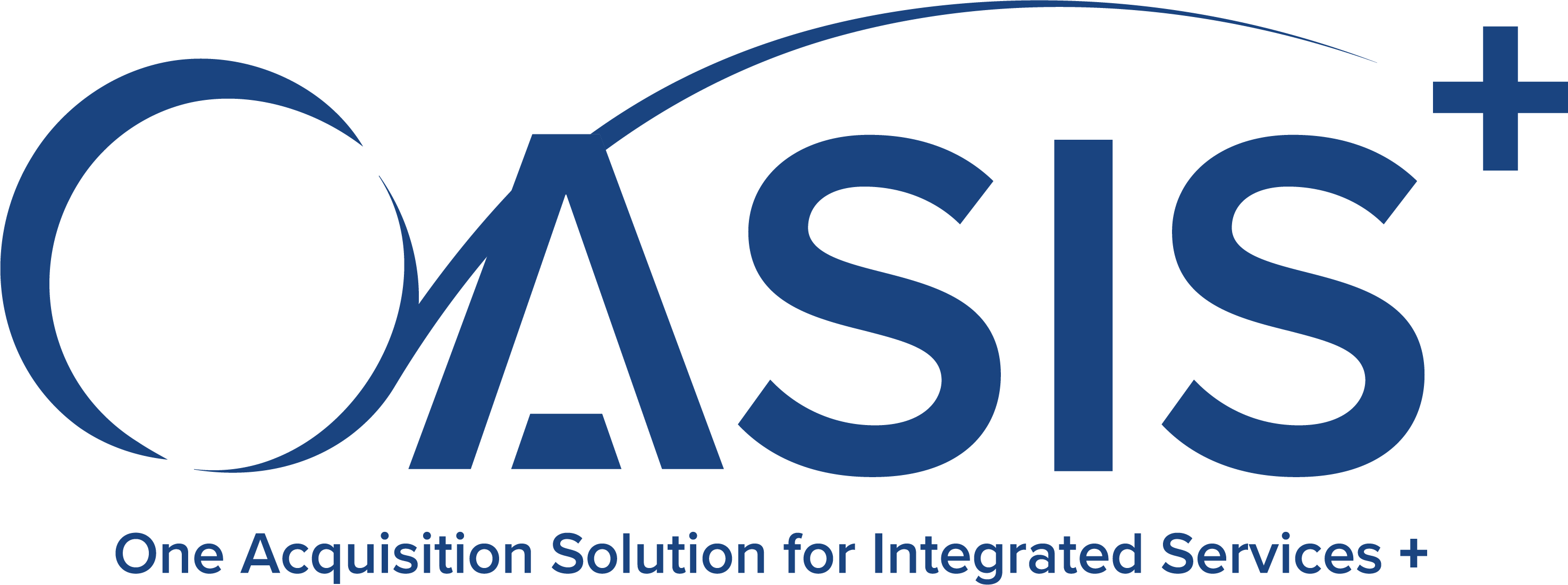Advanced Air Mobility
USI provides aviation services and products in support of manned and unmanned aircraft systems. Our core consultancy services assist commercial and government clients to plan and conduct the Analysis & Testing associated with the development of prototypes, engineering development models, and the IV&V process to render aircraft and aircraft systems operational.

Alternative Energy Sources
The utilization of alternative energy resources has become a focal point for the military, with a particular emphasis on harnessing the latest advancements in lithium and hydrogen battery power. This strategic shift aligns with the military's commitment to enhancing operational efficiency, reducing dependence on traditional fuel sources and their environmental impacts. USI is a leader in developing solutions to meet these demands.

Expeditionary Logistics
USI plays a crucial role in supporting Special Operations Forces Support Activity (SOFSA) and the US Army Reserve Command (USARC). Our multifaceted logistics framework capabilities encompass a wide range of services designed to enhance the operational capabilities of these critical military commands.

Manufacturing Technologies
USI possesses extensive manufacturing technology expertise in areas of applications for 3D printed and other cutting-edge manufacturing tools and processes. These technologies are developed through scientific, industrial and engineering advances to improve the efficiency, quality and productivity of military operations.

















Universal Solutions International Awarded OE-I FY25 Funding for Army Aviation Common Lithium-Ion Battery Integration
Newport News, VA – June 1, 2025
For Immediate Release
Universal Solutions International, Inc. (USI) is proud to announce its selection for FY25 funding through the U.S. Army's Operational Energy-Innovation (OE-I) program to support the Army Aviation Common Lithium-Ion Battery (AACLIB) Integration Project. This milestone reinforces USI’s ongoing collaboration with the U.S. Army DEVCOM Aviation & Missile Center (AvMC) to drive innovation in energy resilience and boost the operational readiness of the Army’s rotary-wing platforms.
AACLIB is a next-generation lithium-ion battery designed to replace lead-acid and Nickel Cadmium systems across multiple Army aircraft platforms. It delivers over 30 minutes of emergency power, extends service life, and significantly reduces weight and maintenance demands—key performance upgrades for today’s fast-paced aviation environments.
About USI
Universal Solutions International (USI) is a mission-focused technology and logistics integrator dedicated to delivering transformative solutions for the U.S. Department of Defense. Headquartered in Newport News, Virginia, USI specializes in energy systems, rapid prototyping, and expeditionary logistics that keep America’s armed forces agile, equipped, and ready. ... See MoreSee Less
1 CommentsComment on Facebook
Tennessee's innovative spirit is soaring to new heights as Whisper Aero, the state's pioneering ultralight aircraft company, receives a $500,000 grant. This exciting award, through the Transportation Network Growth Opportunity (TNGO) initiative, will propel Whisper Aero's groundbreaking electric jet motor technology forward.
Partnering with Tennessee Tech University, this collaboration will see Whisper Aero's revolutionary eQ250 electric jet "propulsors" integrated into an Aériane Swift3 glider, creating an UltraQuiet flight experience unlike any other. Tennessee Tech faculty and students will play a vital role, conducting crucial ground testing at their new Crossville Mobility Incubator, ensuring seamless integration of the engines, batteries, and controllers.
Whisper Aero's game-changing WhisperDrive technology, featuring a multitude of stiff composite fan blades within an acoustically treated duct, is poised to redefine quiet flight. With each eQ250 propulsor delivering up to 80 lbs. of thrust, the current range of approximately 109 miles will be significantly extended to nearly 170 miles with the integration of the latest EPiC 2.0 energy batteries.
Let's celebrate this milestone as Whisper Aero prepares to redefine the future of flight! Learn more here: ow.ly/uaKc50W0bnb
*Photo Credit: Whisper Aero
#WhisperAero #TennesseeTech #FutureOfFlight #AviationCommunity ... See MoreSee Less
0 CommentsComment on Facebook
Electra successfully tested the EL9 Ultra Short hybrid-electric aircraft, proving its blown wing design allows takeoff and landing in just 150 feet — 10% of the usual distance.
Tests with a 20% scale model of the wing show lift coefficients over 20, ensuring safe operations in small spaces. The design benefits commercial and defense sectors, offering new capabilities like connecting remote communities and enhancing logistics for military operations.
“This is a major milestone in demonstrating the EL9’s ability to take off and land in spaces never before possible for fixed-wing aircraft,” said Chris Courtin, Director of Technology Development at Electra. “Verification of the effectiveness of the optimized EL9 wing shows that the EL9 is both transformative and practical. These results give us high confidence in our ability to accurately predict the impacts of electric blown lift on the aircraft, bringing us closer to making our vision of Direct Aviation a reality.”
The US Army supported testing, and Electra is refining the EL9 based on results for a more sustainable future in air mobility. With over 2,200 pre-orders, valued over $10 billion, Electra plans test flights in 2027 and commercial service in 2029 under FAA regulations.
Learn more about this accomplishment here: ow.ly/7VZr50VWuMb.
#HybridElectricAircraft #AviationInnovation #AirMobility #ElectricAircraft #FutureOfFlight ... See MoreSee Less
0 CommentsComment on Facebook